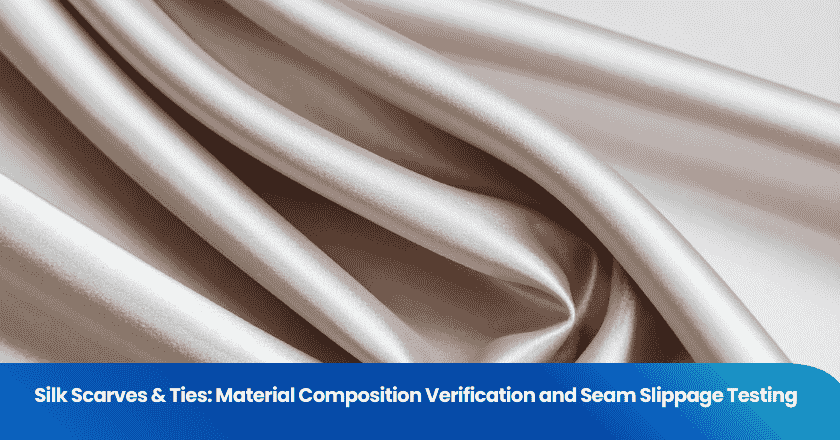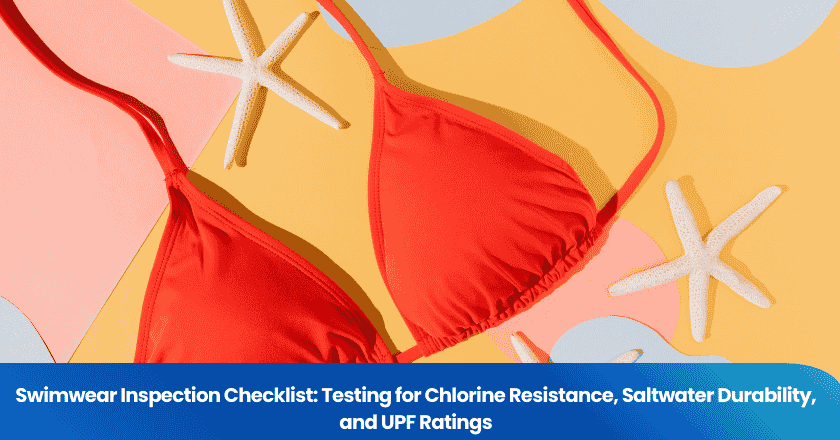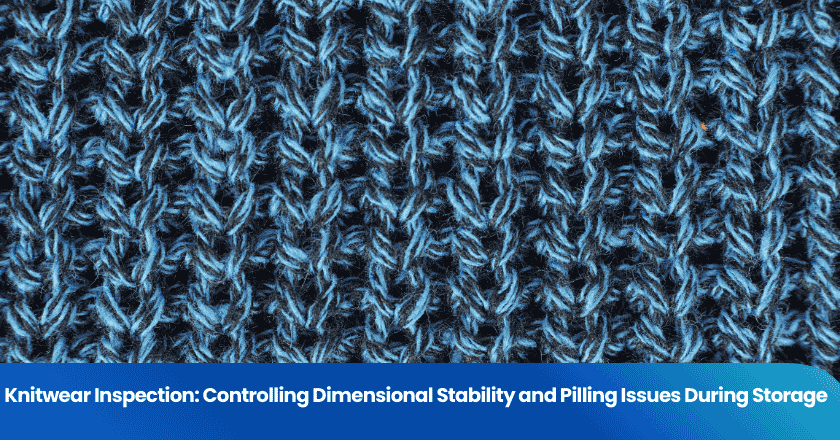
In today's globalized world, supply chain management plays a crucial role in ensuring the seamless flow of goods and services. With supply chains becoming increasingly complex and distributed, it becomes more challenging to maintain consistent product quality and mitigate risks effectively. That's where third-party quality inspections come into play. In this blog post, we will explore the impact of 3rd-party quality inspections on supply chain management and risk mitigation.
The Importance of Quality in Supply Chain Management
To understand the significance of third-party quality inspections, we must first acknowledge the importance of quality in supply chain management. Quality is the cornerstone of customer satisfaction, brand reputation, and long-term success. A single quality issue can disrupt supply chain operations, cause financial losses, tarnish brand image, and even lead to legal consequences. By ensuring consistent product quality, companies can minimize these risks and gain a competitive advantage in the market.
What are 3rd-Party Quality Inspections?
Third-party quality inspections involve hiring an external agency or independent inspection service provider to assess product quality and compliance with pre-determined standards. These inspections are conducted at various stages of the supply chain, including raw materials sourcing, manufacturing processes, packaging, and final product inspection. By involving a neutral and experienced third party, companies can ensure an unbiased evaluation and achieve objective insights into their supply chain performance.
Benefits of 3rd-Party Quality Inspections
The implementation of 3rd-party quality inspections brings several benefits to supply chain management and risk mitigation. Firstly, these inspections provide an independent verification of product quality, ensuring that it meets the desired specifications. By conducting inspections at multiple stages, companies can identify potential issues early on, thus minimizing the chances of defective products reaching the market.
Moreover, third-party inspections enable companies to assess the quality standards of their suppliers and manufacturing partners. By monitoring suppliers' performance, businesses can identify and address any areas of improvement, leading to enhanced overall supply chain efficiency.
Another significant advantage is the risk mitigation aspect of 3rd-party quality inspections. Companies can proactively identify and address potential risks, such as non-compliance with regulations, safety concerns, or environmental issues. By taking corrective measures promptly, businesses can prevent costly recalls, reputational damage, and legal complications.
Integration of 3rd-Party Quality Inspections into Supply Chain Management
To fully leverage the benefits of third-party quality inspections, an integrated approach to supply chain management is crucial. Companies should consider incorporating these inspections as an integral part of their quality control process. This involves setting clear quality standards, establishing a robust inspection plan, and collaborating closely with external inspection agencies.
Furthermore, supply chain managers should regularly communicate with the third-party inspection team to ensure alignment in quality expectations and to address any emerging issues promptly. By fostering a collaborative relationship, companies can build trust, streamline communication, and drive continuous improvement throughout the supply chain.
In conclusion, 3rd-party quality inspections play a vital role in supply chain management and risk mitigation. By ensuring consistent product quality and compliance, companies can enhance customer satisfaction, protect their brand reputation, and minimize potential risks. Integrating third-party inspections into supply chain processes enables companies to identify areas of improvement, proactively address risks, and foster a culture of continuous quality enhancement. As businesses navigate through the complex global supply chains, embracing 3rd-party quality inspections becomes a strategic imperative for long-term success.
Grow your business with TradeAider Service
Click the button below to directly enter the TradeAider Service System. The simple steps from booking and payment to receiving reports are easy to operate.





